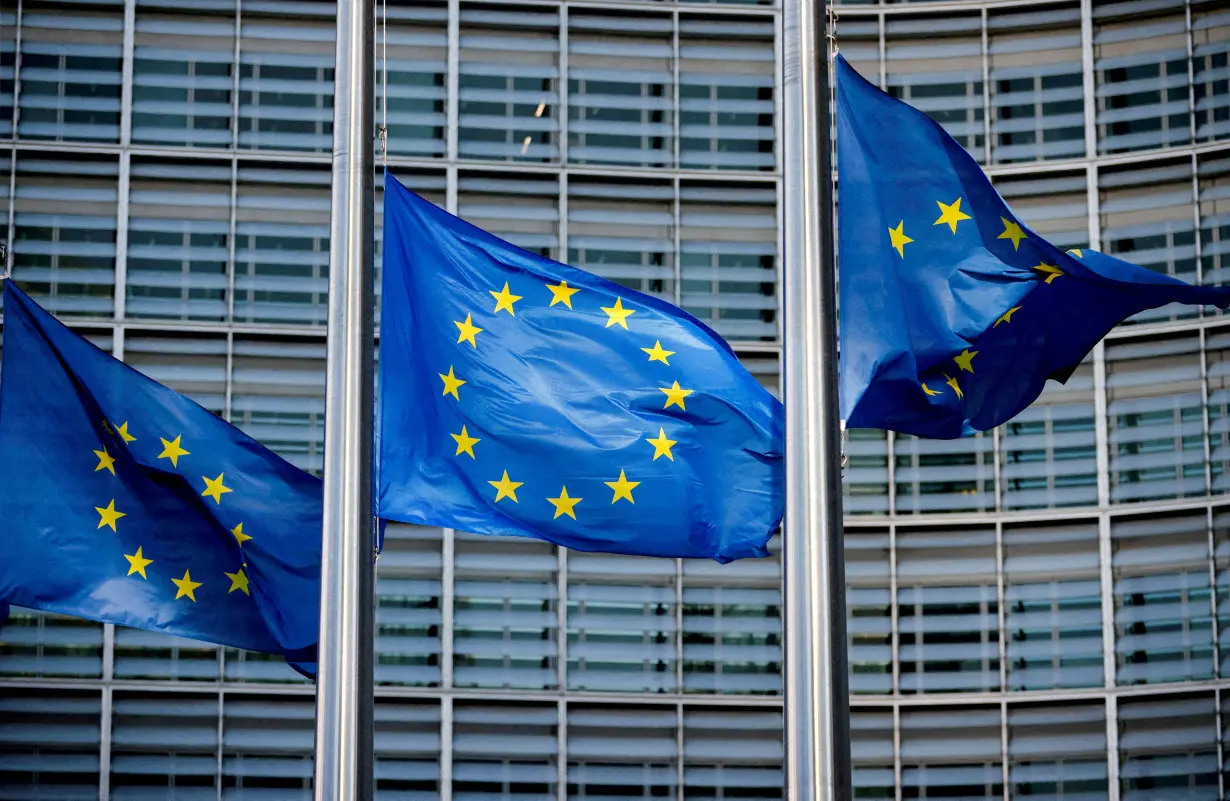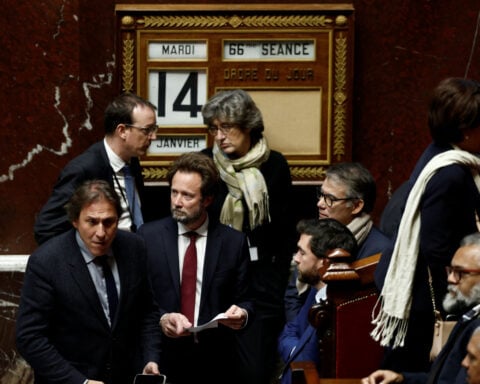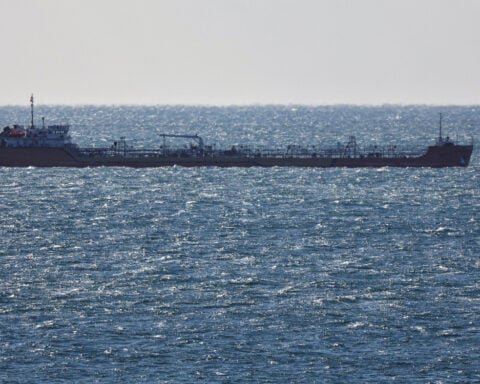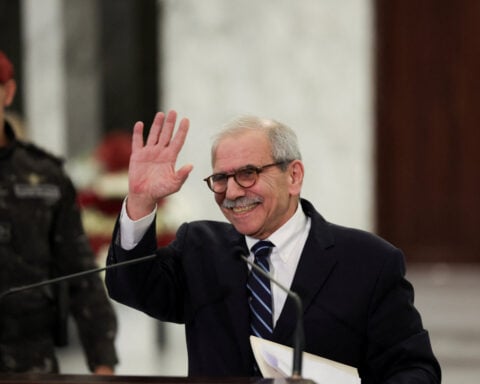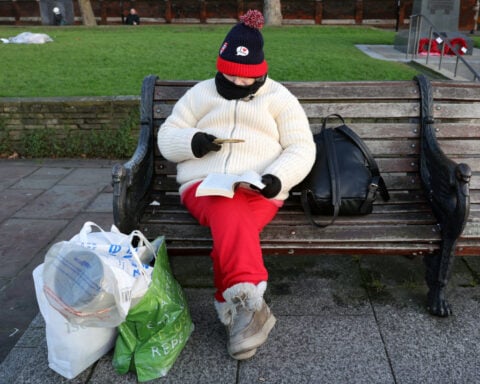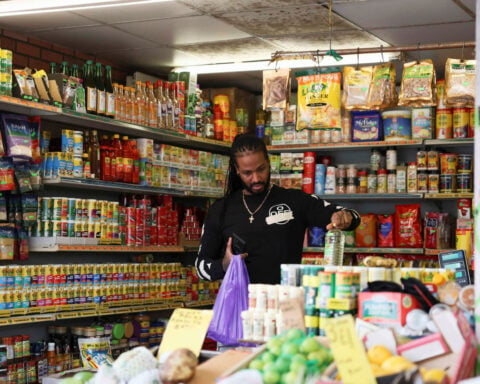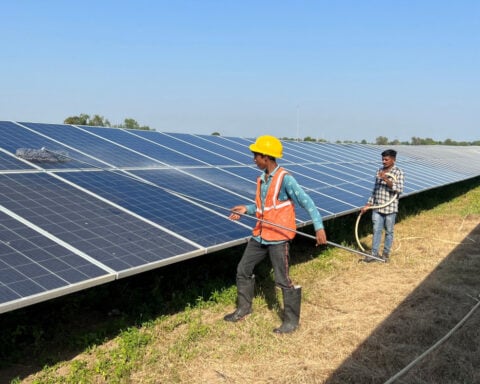By Foo Yun Chee
BRUSSELS (Reuters) -The Dutch government is set to secure EU approval for 2 billion euros ($2.2 billion) of state aid to build a nuclear reactor to produce medical isotopes for cancer treatment, people with direct knowledge of the matter said on Thursday.
The European Commission approval is conditional on a pledge from the Dutch government that the medical isotopes would not be sold below cost, the people said, following a complaint from U.S. maker of radioactive medical isotopes SHINE Technologies.
The EU decision could come as early as Friday, one of the people said.
The EU executive, which acts as the bloc's competition enforcer, declined to comment on its discussions with the Dutch authorities or the outcome or timing of the talks.
"The Commission is in close and constructive discussions with the Dutch authorities as regards public support to the PALLAS project with a view to ensuring the compatibility with the EU Treaties, while avoiding undue distortions of competition in the production and supply of medical radioisotopes," a Commission spokesperson said.
The Dutch Ministry of Health, Welfare and Sport declined comment.
The Netherlands, a leading producer of medical isotopes, proposed a new nuclear reactor for medical isotopes following concerns that shortages would arise after 2030.
"Government-subsidised companies should not be allowed to block innovative private-market solutions from serving patients due to pricing below cost due to illegal subsidies," SHINE Technologies said in an email.
The U.S. company complained to the Commission last year, saying that the Dutch state had no legal basis to grant state aid for the new reactor.
($1 = 0.9211 euros)
(Reporting by Foo Yun Chee; editing by Barbara Lewis and David Evans)

 Stock market today: Asian stocks mixed ahead of US inflation data
Stock market today: Asian stocks mixed ahead of US inflation data
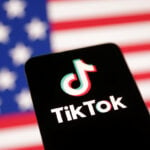 TikTok seeks to reassure U.S. employees ahead of Jan. 19 ban deadline
TikTok seeks to reassure U.S. employees ahead of Jan. 19 ban deadline
 US won't seek charges in unarmed Black motorist Ronald Greene's fatal 2019 arrest
US won't seek charges in unarmed Black motorist Ronald Greene's fatal 2019 arrest
 Euro zone households could increase consumption, ECB chief economist says
Euro zone households could increase consumption, ECB chief economist says
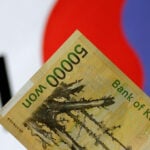 Foreigners sold South Korean equities last month by most since early 2020
Foreigners sold South Korean equities last month by most since early 2020
 As fires ravage Los Angeles, Tiger Woods isn't sure what will happen with Riviera tournament
As fires ravage Los Angeles, Tiger Woods isn't sure what will happen with Riviera tournament
 Antetokounmpo gets 50th career triple-double as Bucks win 130-115 to end Kings' 7-game win streak
Antetokounmpo gets 50th career triple-double as Bucks win 130-115 to end Kings' 7-game win streak
 No 97 Laura Siegemund upsets Olympic champion Zheng Qinwen at the Australian Open
No 97 Laura Siegemund upsets Olympic champion Zheng Qinwen at the Australian Open
